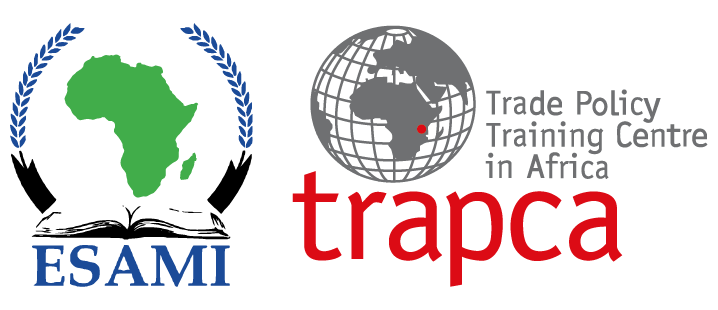Statement of need
Global trade in food and feed crops has accelerated over the period. Statistics have shown that over the years Agricultural trade increased by a factor of eight. However, at the regional level, only the Americas (North and Latin America) have a bigger share in exports of agricultural and food products, whereas the other major regions, especially Africa share of agricultural exports is very small, partly due to failure to comply with standards.
Standards and conformity assessment have crucial underlying goals: not least, ensuring consumer safety and helping protect the environment. At the same time, businesses and governments around the world are concerned that behind-the-border measures such as product standards can have downsides for market access and international trade. Indeed, such measures, together with Sanitary and Phytosanitary Measures (SPS), are often cited as major obstacles to trade, even ahead of tariffs. Consequently, this course provides an in-depth analysis of the Multilateral trading system and trade facilitation, trends in agricultural trade and standards, the role of standards and SPS in agricultural and food trade, Standards facilitation at bilateral, regional and multilateral levels; establishment of standards for international agricultural trade; accreditation, public and private standards. The course uses case studies involving African Countries and Regional economic communities from African.
Course Objectives
At the end of the course, participants will be able to:
Content
Target group
The course is designed for policymakers, standards officers, technocrats and researchers involved in agricultural trade, and private industry captains involved in agricultural trade
Duration
2 Weeks
Venues
a) Venue 1: Dubai
Date: 20 – 31 May 2024
b) Venue 2: Arusha, Tanzania
Date: 20 – 31 May 2024
Course Fees
$1,600
